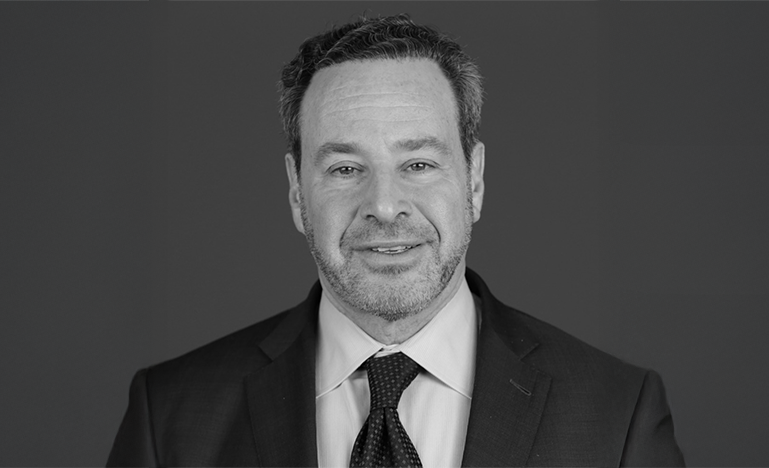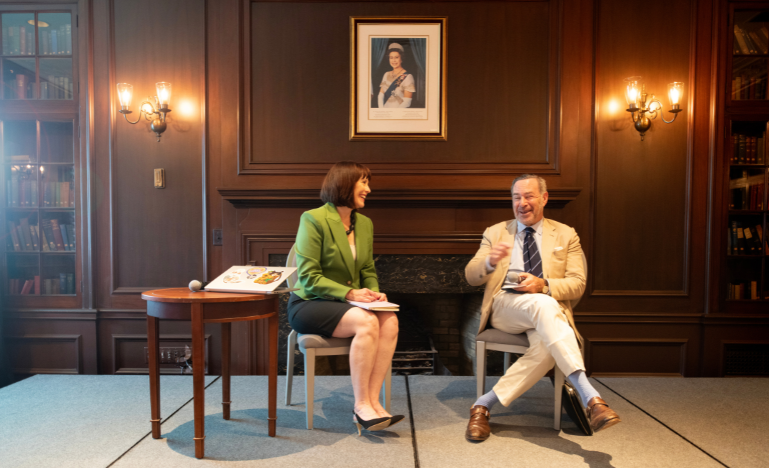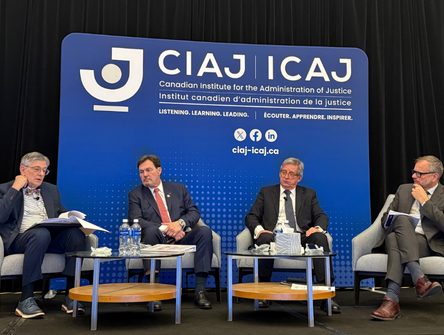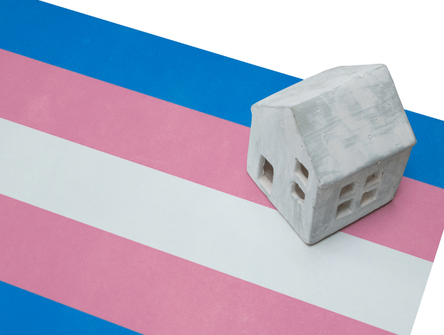'The single most important group in society'
David Frum says lawyers are key to upholding what is morally right and maintaining a belief in the democratic system south of the border

If Canada pulls out of the Safe Third Country Agreement with the United States, its asylum system will come “crashing down.”
That’s David Frum’s prediction. The Canadian-American political analyst and former speechwriter for President George W. Bush made it during a joint session of the Canadian Bar Association and American Bar Association in Toronto last Friday, where the ABA is holding its annual meeting.
“The law and the politics point in very different directions” on this topic, he said.
Frum, who was interviewed by CBA Verdicts & Voices podcast host Alison Crawford as part of a trade and cross-border relations panel, said if Canada’s “very self confident and ambitious courts . . . say the conditions of the Safe Third Country Agreement (STCA) are no longer being met,” politicians are going to face some difficult decisions that could upend the country's political system — and not for the better.

In recent months, civil society groups, including Amnesty International, the Canadian Council for Refugees, and the Canadian Civil Liberties Association, as well as other refugee groups and lawyers, have called for an end to the agreement because the actions of the U.S. government under President Donald Trump and his executive orders are endangering asylum seekers.
The STCA, which came into effect in 2004, is an arrangement between Canada and the U.S. that generally requires refugees to seek asylum in the first country they enter. Under it, Canada has returned most refugees who attempt to enter this country at land border crossings from the United States.
The Trump administration’s focus on deportations is already having an impact. According to the Canadian Border Services Agency (CBSA), asylum claims at just one border crossing between Quebec and Vermont in July were five times the number in the year before.
Since the start of 2025, the CBSA said it has received 10,724 asylum claims at the Saint-Bernard-de-Lacolle port of entry, compared to 5,077 for the same period in 2024. The top claims by nationality were from Haiti, Venezuela, and the U.S.
World’s asylum system broken
Frum said the world’s asylum system is broken. As an example, he pointed to Germany after the war in Syria began and how that country’s suspension of its restrictive asylum rules transformed the politics of Europe “in an authoritarian way.”
“When they said that the asylum declaration is suspended in the summer of 2015, and instantly a million people entered Germany, they set in motion events that the world is still suffering the consequences of,” he said, including the Brexit referendum in the U.K.
Calling Canada’s political system “the least dirty shirt” in the laundry basket of democratic decline, Frum predicted the country’s fairly stable and flexible politics would quickly become “tribal” like our neighbours to the south in the face of a huge influx of refugees.
“If two million asylum seekers show up in Canada within the space of 18 months, Canada will become very private, very fast,” he said.
As for trade relations, Frum said despite ongoing tensions, Canada has little choice but to maintain its relationship with the United States due to the powerful economic and security "gravity" between the two countries.
He said Canada won’t forget what’s happened over the past months, including 50 per cent tariffs on aluminum, steel, and copper, and talk of this country becoming the 51st state. However, we will likely have to "pretend to forget" them and return to normal relations if policy changes occur, because Canada is so heavily dependent on the U.S. for trade and security.
Unlike other American trade partners in Europe, Asia, and even Latin America, which co-operate with the U.S. “purely out of interest” and have more flexibility to reconsider their relationships, Canada’s economy and security will always be closely intertwined.
Law firms’ surrendering winding down
Beyond tense relations, Frum addressed the ethical dilemmas faced by lawyers working for the U.S. Department of Justice, Homeland Security, and other government agencies, as well as pressure from the Trump administration on law firms through threats and executive orders.
He noted that although some law firms like Paul, Weiss capitulated early to fend off potential attacks from Trump, primarily due to pressures from high-worth private equity clients, that “process of surrender” is winding down.
That pressure from clients goes both ways, however.
“The legal profession, after a big retreat in the early months of the administration, seems to have stopped retreating, and that's a testament to the strength of society,” Frum said.
“They seem to have stopped retreating, not because they got religion, but because their clients do.”
In the 19th century, French political philosopher Alexis de Tocqueville identified lawyers as the single most important group in American society, defending not just the actual law but also the ideas behind it — and Frum said that’s still true today.
U.S. lawyers must also resist unjust laws, yet under Trump, the amount of pro bono work the profession has been doing has declined. Frum said American lawyers should be doing more of it because they can make a huge difference in society by upholding what is morally right and helping to maintain a belief in the democratic system.
Lawyers are critical in keeping alive the sense that normative law (moral/ethical standards) matters, even when positive law (the law as written) allows troubling actions, he said, referencing the dangers of a purely positivist legal tradition, as seen in Nazi Germany.
"One of the things that went wrong in Nazi Germany is that most people were never ‘convinced Nazis,’ but the German legal tradition was one that emphasized positive law and exclusion of laws."


